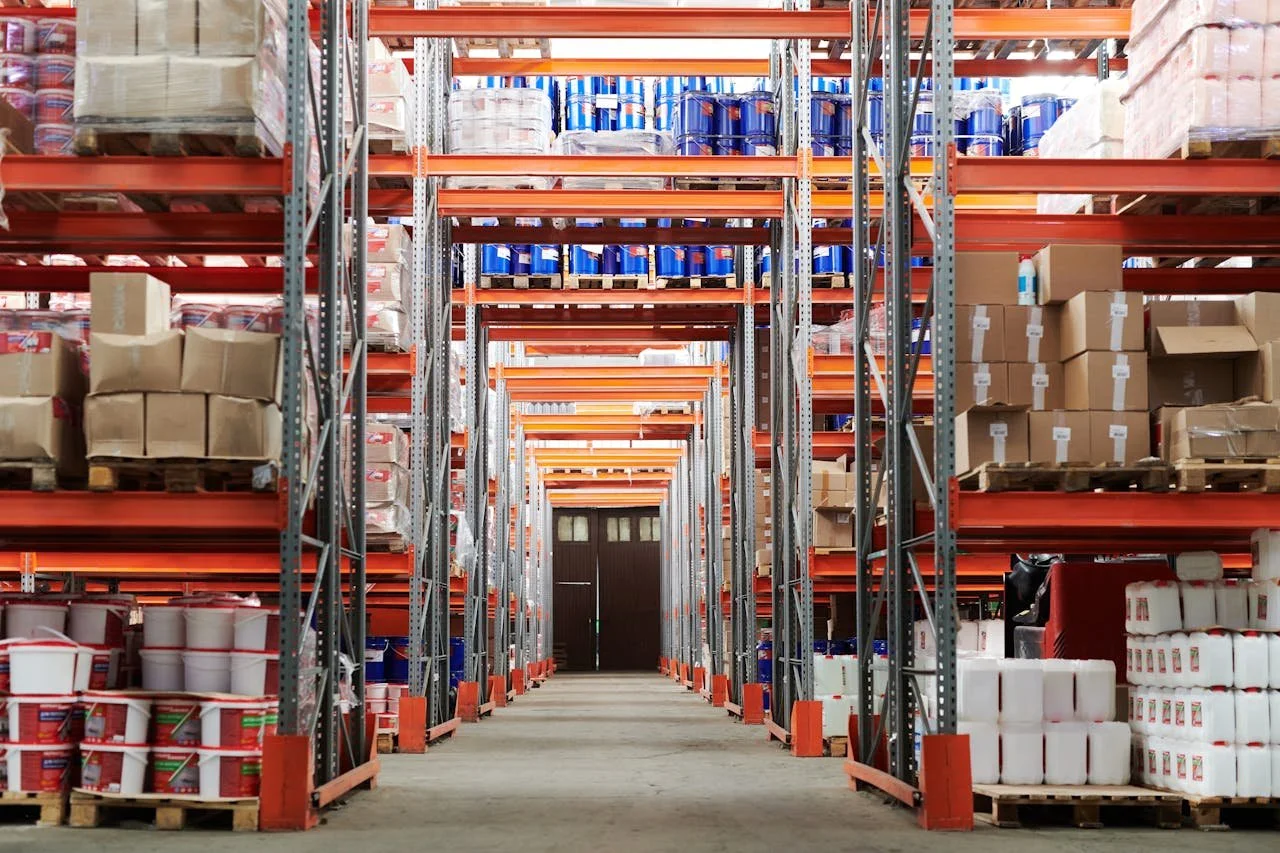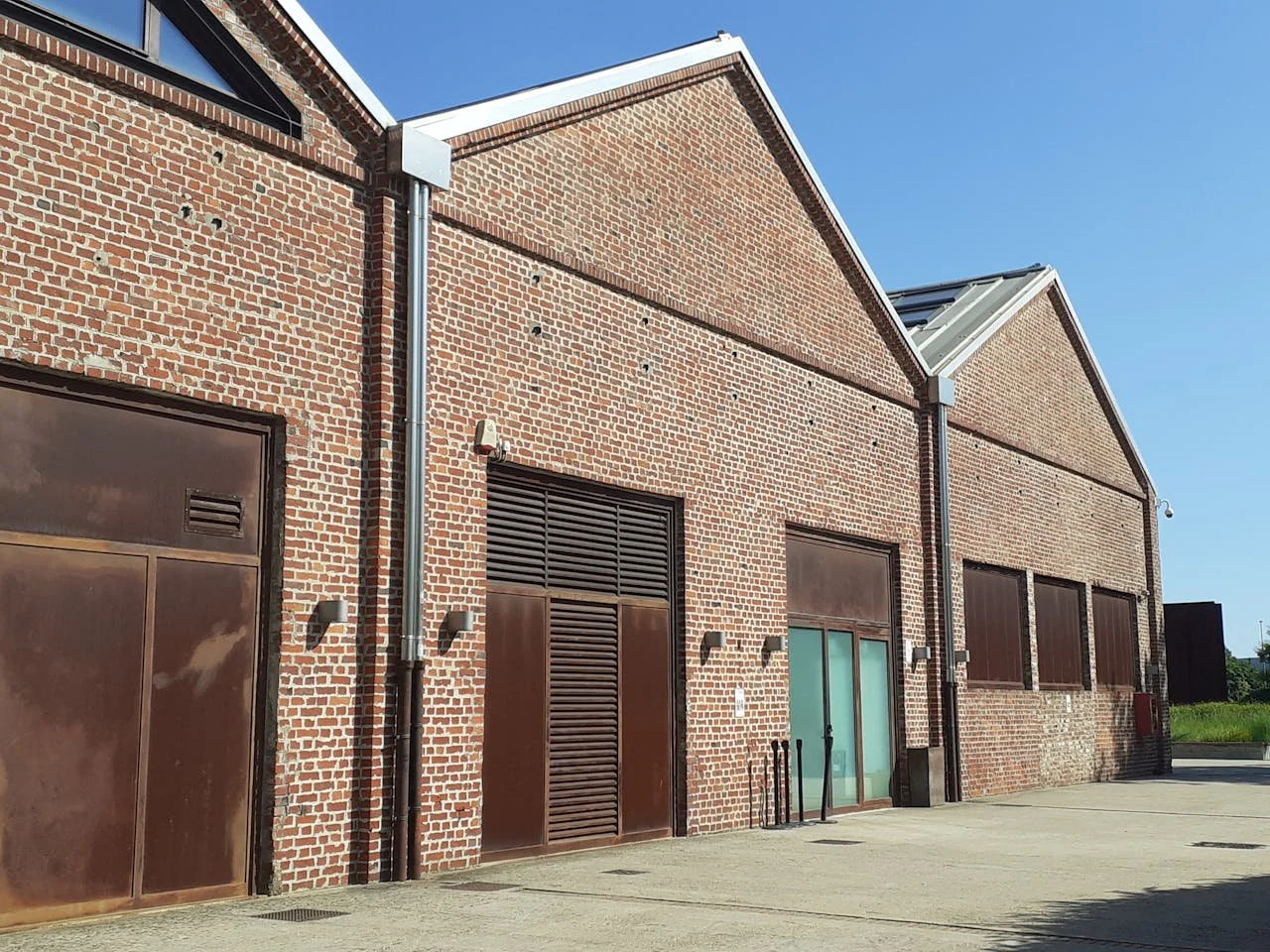Leasing vs Buying Storage Units: Funding Tips for Business Owners
Business owners often reach a point where more storage is needed. The big decision is whether to lease or buy storage units. Each choice affects your budget, operations, and long-term plans. This guide will help you understand both options and offer real tips for funding either path. Buying storage units can be a great investment, but it’s not always the right move for every business. Let’s explore the facts so you can decide with confidence.
Understand the Real Costs Behind Leasing Storage Units
Leasing offers quick access to space with little upfront cost. That’s one reason many startups prefer it. But it’s not always cheaper over time. Monthly fees add up. Some contracts include hidden costs like maintenance or service fees. As a matter of fact, some leases charge penalties if you need to leave early.
Leases usually last from 6 to 36 months. If your needs change, you're stuck or you pay extra. Another key point is that you never own the unit. That means you gain no value or equity. You’re simply paying for access. Still, leasing gives flexibility, especially if you expect changes or growth.
Leasing works well for businesses with short-term projects or seasonal demand. It also suits businesses with limited capital or uncertain futures.
Leasing offers flexible, low-upfront-cost access to space, but it can be more expensive long-term and provides no ownership or equity
Buying Storage Units: Pros, Cons, and Critical Financial Insights
Buying storage units means you own the asset. This gives full control over how you use or modify the space. In contrast, ownership brings long-term benefits that leasing can’t offer. You can rent out unused space. You can also sell the unit later for profit.
Upfront costs are much higher, though. You may need to buy land, build units, or purchase existing ones. Costs include insurance, permits, and sometimes property tax. But ownership brings value. Units can generate income. You can depreciate them to reduce taxes. Over the years, they may increase in value.
This option fits stable businesses with capital or financing. With this in mind, buying is better for long-term needs or those wanting steady income from rentals. If your business is expanding fast or needs a permanent base, buying may be the smarter move.
Buying storage units offers control and long-term value but requires high upfront costs
Exploring Mobile Storage and Regional Trends: A Flexible Option Worth Considering
As more businesses expand across regions, flexibility in storage becomes even more important. Fixed storage locations can limit how fast a company adapts. That’s where mobile storage solutions for growing companies come into play. These offer portable units that move with your operations. They're ideal for construction, retail, and logistics businesses needing storage in different job sites or locations.
If your business serves multiple regions or operates seasonally, mobile storage provides flexibility. You should consider this option for your business, especially if you are just starting out. You’ll avoid repeated lease negotiations, enjoy quicker setup times, and gain more control. Mobile storage can be bought or leased, depending on your budget and goals. It blends the control of ownership with the flexibility of leasing.
In states with high business growth, such as Florida, demand for mobile and hybrid storage options is rising. The climate, space availability, and strong local markets make Florida a prime area to test flexible solutions. Many companies operating across cities—from Tampa to Miami—have started adopting mobile units to reduce downtime and increase access to their inventory or equipment.
As businesses grow, many are buying storage units that are mobile to stay flexible and adapt quickly—especially in high-growth states like Florida
Leasing vs. Buying Storage Units: Which Fits Your Business Model?
To choose well, compare both options based on cost, control, and future needs. Leasing costs more over time, but it's easy to exit. Buying costs more upfront, but pays off in equity.
Besides, leasing gives limited access. You can't customize most leased units. Ownership means you can change anything as needed. Similarly, tax treatments differ. Lease payments may be deductible. Owned units offer depreciation benefits and asset value.
Case studies help. A seasonal business may lease units during the busy months. A construction firm might buy units to store equipment long-term. Your choice depends on your goals.
Funding Options for Buying or Leasing Storage Units
Let’s talk about money. Leasing usually needs less cash. But buying? That’s where funding matters. Many turn to Small Business Administration (SBA) loans. These offer low rates and long terms. You'll need a good credit score and a clear plan.
In short, SBA 504 and 7(a) loans are worth checking. They’re great for buying property or equipment. If you don’t qualify, explore traditional business loans from banks. Online lenders may offer flexible terms, though interest rates can be higher.
Business lines of credit can help with leasing. They let you pay only for what you use. Some owners use equipment financing to buy prefabricated storage units.
As an illustration, one business used crowdfunding to buy units. Others brought in investors to fund a purchase. Grant programs may support businesses expanding their physical space, especially in rural or low-income areas.
Smart Tips to Maximize ROI from Storage Unit Investments
Storage units can do more than just hold inventory. You can rent extra space to others. Some businesses use rented units as mini-warehouses for other vendors, which is more affordable than buying one. You can also convert units into workspaces or pop-up retail zones.
Not to mention, owning units can reduce your dependency on third parties. No lease means no landlord rules. You control access, hours, and policies.
Tax savings add up, too. Storage units can be depreciated over time. That lowers your taxable income. Insurance premiums may also be deducted as business expenses.
Hence, your returns can grow over time. Units pay for themselves through savings and extra income.
Expert Advice: What to Ask Before Leasing or Buying
Don’t rush into a contract or deal. Ask questions. For leases, ask about penalties, renewal terms, and repair responsibilities. Read the fine print. Some leases pass on costs that can pile up.
For purchases, check zoning rules and permits. Can you use the unit the way you plan to? Does the property have access to utilities or the internet? Get a property inspection if buying.
Of course, speak with a lawyer to review documents. A good accountant can help you understand tax impacts. Ask about insurance needs. Will your coverage protect contents, fire, or flooding?
Nevertheless, many skip due diligence and regret it later. Take your time and be thorough.
Summary: Making the Right Choice for Your Business Future
Storage is a big part of running a smooth operation. Leasing and buying storage units both have clear pros and cons. The right choice depends on your cash flow, business model, and future plans.
Leasing offers short-term ease and flexibility. Buying gives long-term control and potential income. Funding is available for both. SBA loans, lines of credit, and grants can support your choice.
Always ask smart questions, compare all costs, and think long-term. Whether you lease or buy, choose what helps your business stay organized, stable, and ready to grow.




